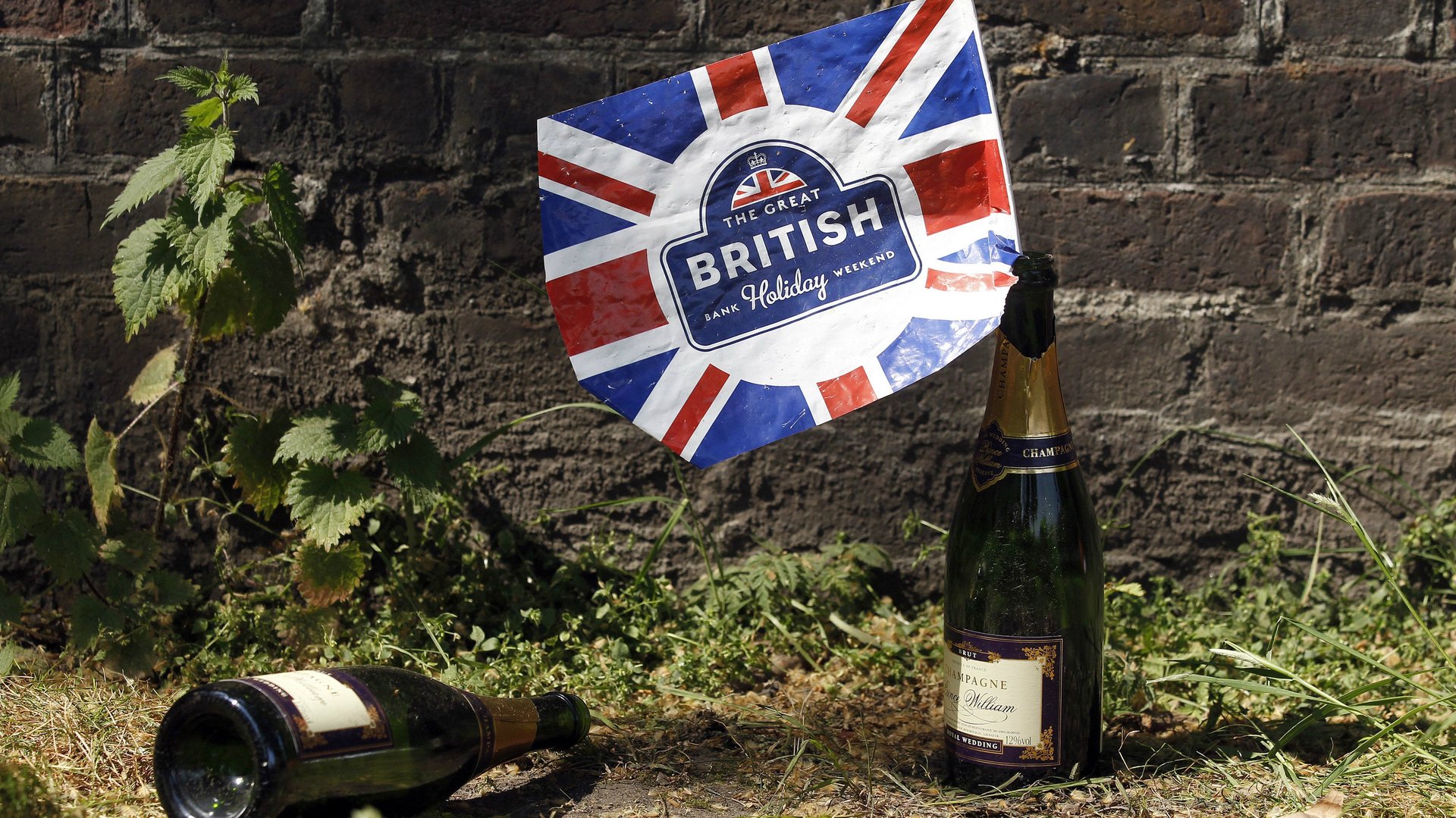Brexit Britain has more billionaires than ever—and they’re getting richer
Britain’s decision to exit the European Union was a ”leap into the dark,” according to the UK’s prime minister at the time. House prices would crash, the economy would stall, and the Brits would all be worse off. But for the UK’s richest at least, Brexit was a leap into a pot of gold.


Britain’s decision to exit the European Union was a ”leap into the dark,” according to the UK’s prime minister at the time. House prices would crash, the economy would stall, and the Brits would all be worse off. But for the UK’s richest at least, Brexit was a leap into a pot of gold.
There are now more billionaires in the UK than ever before. According to the annual Sunday Times Rich List (paywall), released today, the UK now has 134 billionaires, 14 more than last year. Their wealth amounts to a staggering £419 billion ($543 billion).
After the UK voted to leave the EU, the pound plummeted fast. That was good news for some of Britain’s wealthiest, as the weaker currency propelled the UK stock market to record highs and increased earnings on any overseas investments. Brexit only helped to boost the fortunes of a group of people already successful at growing their wealth.
The UK’s richest had a hand in the EU referendum. Twenty nine people from the list contributed £17.4 million to the campaign to leave the EU, outstripping the £10.4 million spent on the campaign to stay by thirty people on the list.
The Rich List covers Britain’s 1,000 wealthiest individuals and families. In total, their wealth comes to £658 billion, a 14% increase on 2016.
Who’s on top of the list?
- Sri and Gopi Hinduja: The India-born brothers topped the Rich List with £16.2 billion in wealth and have made their money in investments ranging from oil, gas, and cars, to defense to media.
- Len Blavatnik: Second on the list with just under £16 billion, Blavatnik owns Access Industries, an investment company with assets that include the Warner Music Group.
- David and Simon Reuben: Also from Mumbai, these brothers first made their £14 billion fortune as one of the world’s largest producers of aluminium.
Despite this enormous wealth, the Hinduja brothers only rank 44th on the list of the world’s richest people. Top spots on that list are dominated by Americans like the Walton family (founders of Walmart), the Koch brothers, and Bill Gates.
Brexit may have helped the UK’s richest but it’s been bad news for most Brits. The pound’s tumble has caused a surge in inflation, which has put pressure on already weak earnings. Recently, this turned real wage growth negative, essentially handing most of the population a pay cut.